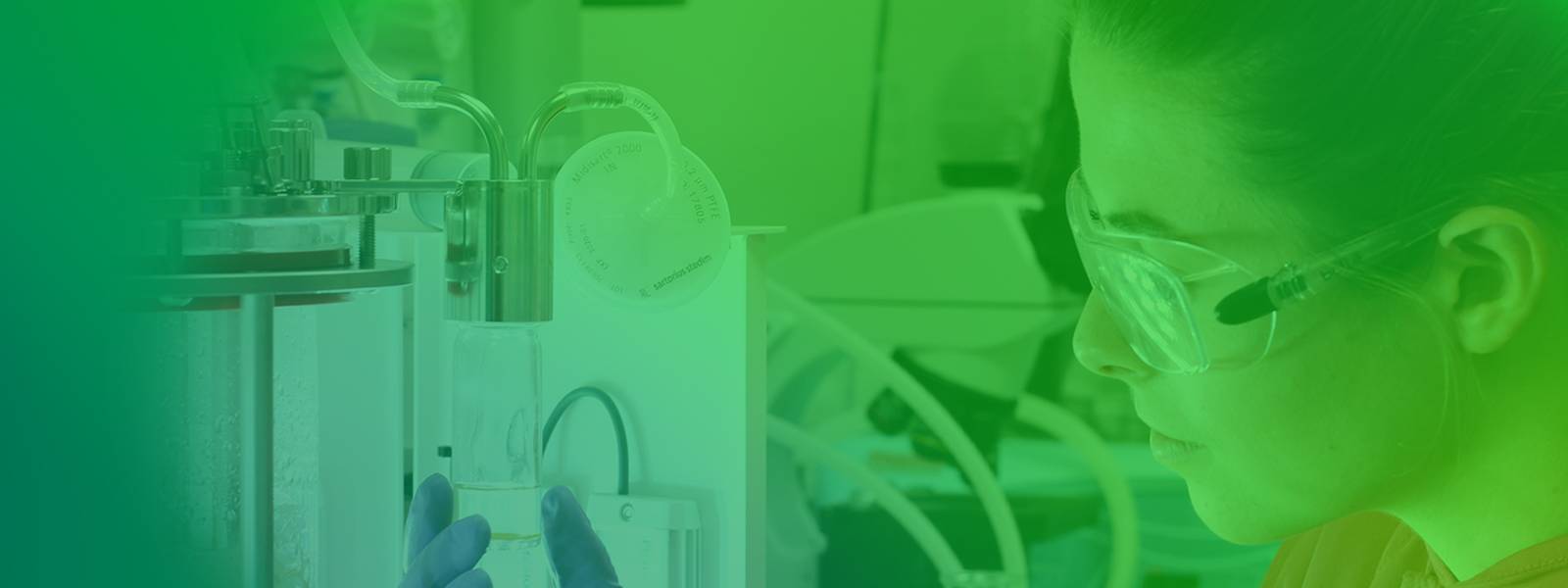How did you get involved in your area of study and what were the main themes you were working on?
My thesis concentrated on modelling Scottish international trade, not an easy option as there were hardly any usable data on the subject. I had always been interested in international trade and development and, during my time at the institute, worked on impact studies for Jordan and Saudi Arabia as well as working on various areas of Scottish economic research.
It took me five years to finish the thesis (working part time on a PhD is no fun!) but it was worth it in the end given the research experience I accumulated during that time.
How would you describe the PhD experience at Strathclyde?
My PhD was purely a research degree so didn’t have the teaching aspects that most PhDs do today.
Working at the foremost institute in economic modelling and studying the Scottish economy was a fantastic learning experience.
The team of researchers at the institute at that time were exceptional so, along with my old teachers in the Economics Department, it was an amazing environment in which to work and study.
What have you been doing since completing your PhD?
I spent the two years after completion still working at Fraser of Allander on a variety of projects. I then moved (in 1987) to the Royal Bank of Scotland as one of the economics team there under Grant Baird, one of the smartest economists in the country. After three years there I moved to a stockbroker in Hong Kong and the following year became the Chief Economist at Credit Lyonnais Securities Asia Ltd.
Sixteen years later (2007) I founded my own independent economics research company, Asianomics Limited, and that is what I am still doing: macroeconomic and strategy research for the fund management industry investing in Asia (I did say that international trade and development were my principal interests as an undergrad!). Asianomics folded into the Aletheia Capital Ltd research platform which started in 2018 and I am still the Chief Economist there.

.jpg)